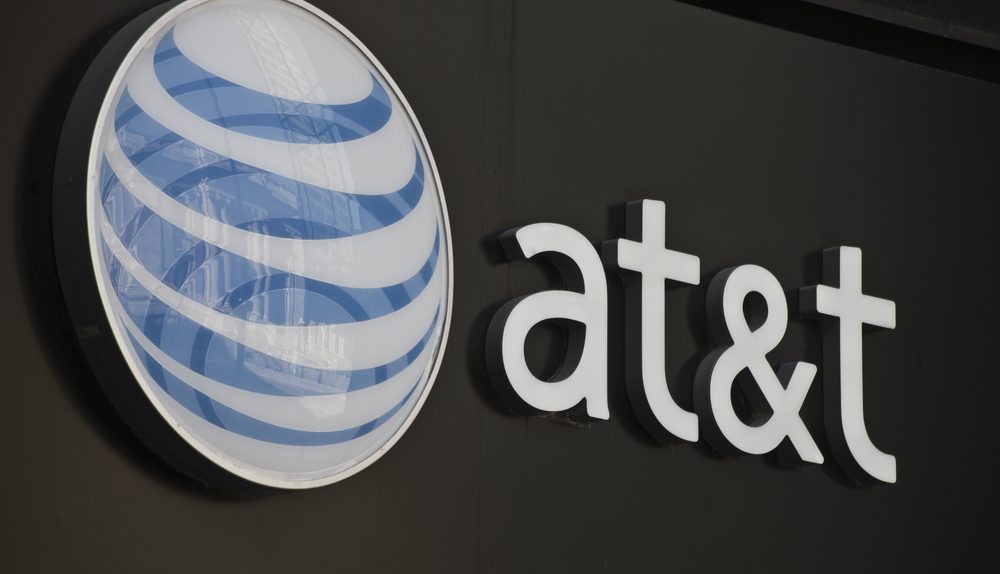The Department of Justice has filed a suit to prevent the AT&T/Time Warner merger from going through, AT&T confirmed in a press release issued today.
“Today’s DOJ lawsuit is a radical and inexplicable departure from decades of antitrust precedent,” said David McAtee, senior executive vice president and general counsel of AT&T, in a statement. “Vertical mergers like this one are routinely approved because they benefit consumers without removing any competitor from the market. We see no legitimate reason for our merger to be treated differently.”
This is far from the end of the road for the merger. The burden of proof lies on the Department of Justice, which will now have to demonstrate to a judge that letting the merger go through would hurt competition. But even if AT&T’s lawyers prevail, the lawsuit will delay the merger, giving competitors time to consolidate their positions.
While it’s true that vertical integration — two companies that participate in the same market but don’t directly compete — is better than two cable companies merging, the notion that it will benefit consumers is dubious. AT&T would contend that integration can lower costs, which could be passed on as cheaper plans to consumers. However, AT&T owning entertainment all the way from content creation to delivery to customers’ eyeballs gives the company immense power that it can use to make market entry difficult for competitors. For example, AT&T is already offering free HBO to wireless subscribers, giving AT&T’s wireless division an offer that rivals struggle to match.










